What Are Fibreglass Gloves?
Fibreglass gloves, as the name might suggest, are gloves designed for use with handling fibreglass. There are a lot of ways you can come in contact with fibreglass, from loft insulation to electrical insulation. And as anyone who has come into contact with it will tell you, it can cause some unpleasant problems to your skin.
Why Does Fibreglass Itch?
When you first see it, fibreglass looks lovely and fluffy; touch it with bare hands, and you’ll likely have a second opinion. The strands of fibreglass are incredibly small — so small in fact that they fit in between the pores of your skin. When you lift your hand away, it may look like there’s none on your skin but there will be numerous nearly-invisible strands.
These lingering fibres can cause a lot of irritation and itching with scratching only pushing the fibres in deeper. While there’re many ways to get fibreglass off your skin (with varying levels of success), the best cure is prevention and this is possible with our fibreglass gloves.
How Do Fibreglass Gloves Work?
These gloves work almost exactly as you’d think they would; they place a barrier between your skin and the fibreglass. Whereas your skin has pores that the fibreglass strands can worm into, these gloves do not.
Because of this, most fibreglass gloves are made from a synthetic material like nitrile, which gives a secure and impenetrable barrier against fibreglass. The thicker the nitrile layer, the better the protection that is offered by the gloves.
Who Needs Fibreglass Gloves?
If your house is relatively new, chances are you do. Most modern houses have fibreglass loft insulation, and a lot of people use their loft for storage. If this is you, it’s always a good idea to have a set of fibreglass gloves at the ready in case you need to get something down.
Fibreglass gloves should also be worn by people working construction who are laying loft insulation. Having repeated, unprotected contact with fibreglass can cause serious cases of contact dermatitis to develop, especially if you have a habit of rubbing your face when you work. Remember, fibreglass strands can spread.
If you work on surfboards, you should also wear fibreglass gloves for the same reason; a lot of modern surfboards are made from fibreglass because it’s so light. Start sanding them down and the surface will go from smooth to rough incredibly quickly and the strands will be exposed – you’ll be in the same boat as the builders.
Fibreglassing
Fibreglass laying is a messy process as the gloves tend to get covered in resin, solvent and glass fibres. As such, instead of using a highly protective chemical glove, most companies tend to use double or triple donned disposables. As most of the processes involved in fibreglassing use acetone at some point, it's best to opt for latex disposables as latex is the only material which doesn't fall apart under these conditions.
If you’re interested in getting your hands on some fibreglass gloves, head on over to Safety Gloves and check out our range of Fibreglass Gloves.
Black Mamba Disposable Nitrile Gloves BX-BMG
- Super strong disposable gloves for mechanical, chemical and automotive use
- Offer three times the chemical resistance of latex and vinyl
- Made to grip and protect with high sensitivity and dexterity
- Price is per box of 100 gloves
Polyco GL890 Bodyguards Medical Gloves for Virus Protection
- Medical grade disposable gloves for virus protection
- Designed for medical, food and care industries
- Certified to EN 455 and virus certified to EN 374
- Price is per pack of 100 disposable gloves
Polyco Nitri-Tech III Chemical Resistant Gloves
- Pair of extended wrist cuff chemically resistant safety gloves
- Protection against strong detergents, oils and common chemicals
- Ideal for laboratory, chemical handling and foodstuff applications
- Stippled palm coating pattern enhances dexterity and accuracy



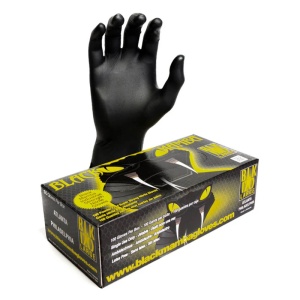
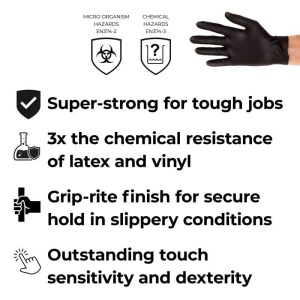

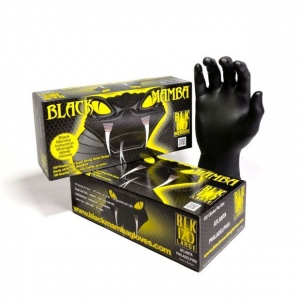
.jpg)
.jpg)

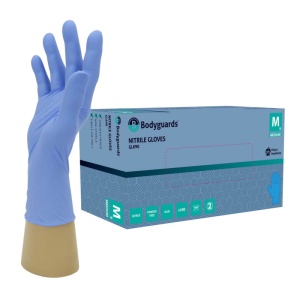


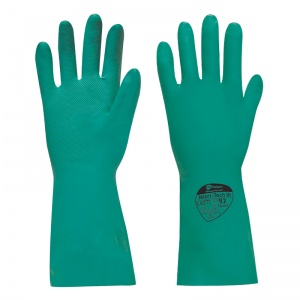
.jpg)
.jpg)
.jpg)